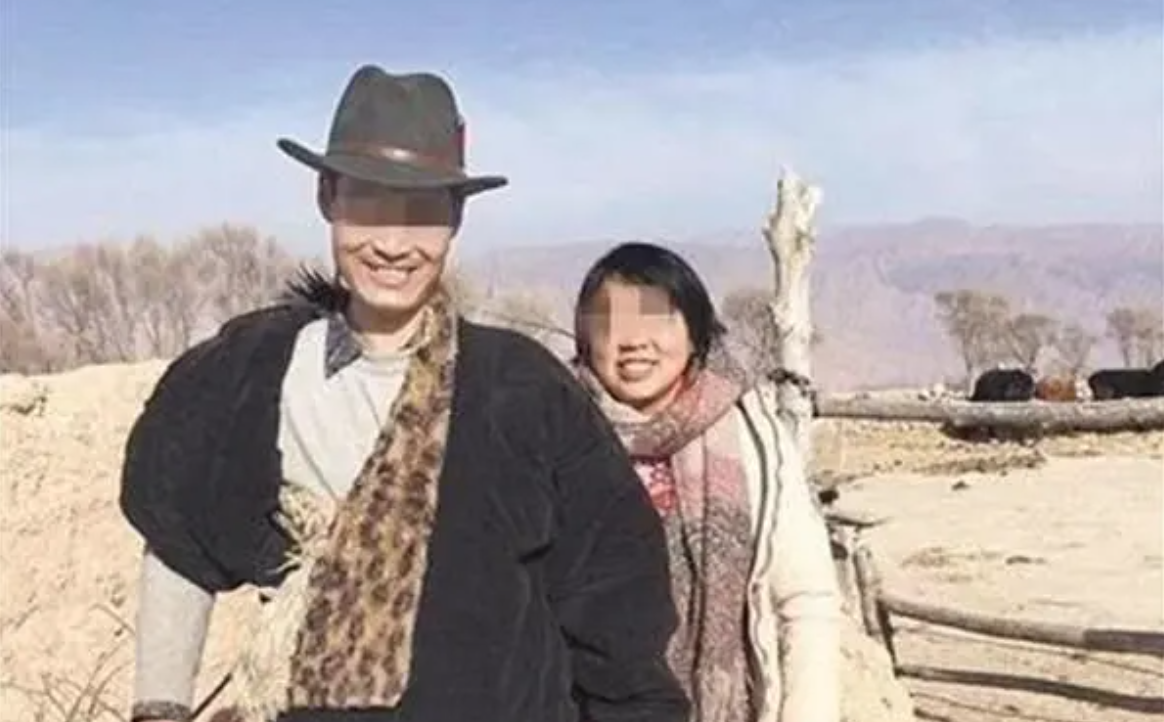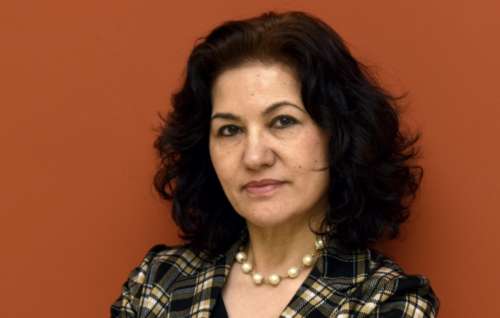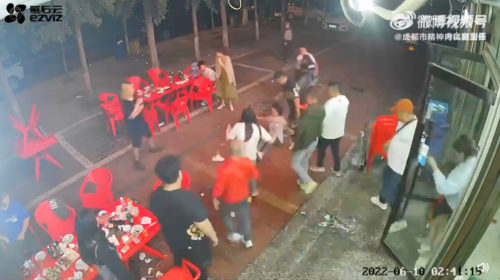Former journalist opens up about domestic abuse. Now she’s faced with questioning and skepticism
Ma Jinyu has sympathy from social media users after recounting violence at the hands of her husband, but also scorn.

Every month, it seems like yet another Chinese woman is in the news for suffering intimate partner assault — sometimes fatal — or for speaking out against her violent partner. February is no different:
Over the weekend, a former journalist named Mǎ Jīnyú 马金瑜 detailed her experience with domestic violence in an article titled “Another Lhamo,” a reference to the popular Tibetan video blogger who was brutally burned to death by her husband while she was live-streaming on social media.
- In the article (in Chinese), published on February 6 by Truman Story, a WeChat account featuring nonfiction storytelling in Chinese, Ma accuses her husband of frequently assaulting her and threatening to kill her during their seven-year marriage.
- “The moment my head got hit, I peed myself. The beating continued throughout the night and into the next morning. My clothes were soaked in blood and I had no idea where the blood came from. I could barely see to use my phone. But I didn’t call the police. My children were asleep. I called a female employee of mine and told her I was almost beaten to death,” Ma wrote, recounting the first time she was attacked by her husband.
- For more than a decade, Ma worked as a reporter working for several prominent newspapers, including the Beijing News and the Southern Metropolis Daily. In 2010, she quit her journalist career to marry Xiè Déchéng 谢德成, a honey farmer on the Tibetan Plateau, whom she met for an interview.
Ma’s story received an outpouring of support, as well as skepticism, on social media after her article went viral.
- Many questioned why Ma, a supposedly strong-minded, well-educated woman, never reported the alleged partner abuse to police.
- Some speculated that Ma was trying to obtain a strategic advantage in a custody battle with her husband over their three children.
- In response to the accusations, Xie told (in Chinese) domestic media over the weekend that he had never assaulted Ma, and that he had lost contact with Ma since 2018, when she left their home and moved to another city with their children
Supporters of Ma argued that the hostility and skepticism faced by her was emblematic of the stigma often associated with women who come forward to accuse men of abuse.
- Many said that while surviving trauma as a domestic abuse survivor can be terrifying, it can pale in comparison to what follows, especially in Chinese culture, where victim-blaming and harmful “he said/she said” dynamics persist.
- “It’s totally unfair to question Ma’s motives while ignoring the truth. It saddened me to see that when she came forward to speak out against her abuser, she was met with doubt and shame, instead of aid and respect,” a Weibo user wrote (in Chinese).






